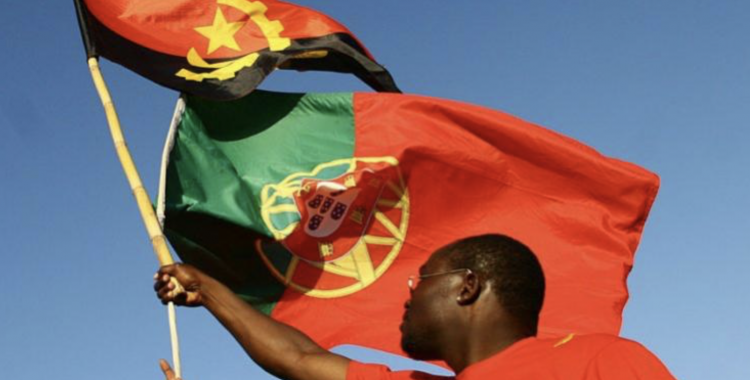"Angola was a country where there were more colonists of Portuguese origin, therefore, there was a very close relationship with Portugal", she argues, considering that there were several interests at stake, some of them related to the liberation movements Movimento Popular de Libertação de Angola (MPLA) and União Nacional para a Independência Total de Angola (UNITA).
Associate professor at the Department of Political Science and Public Policies at ISCTE-IUL, Clara Carvalho is editor of the journal Cadernos de Estudos Africanos and director of the PhD in African Studies.
"The recognition that there were important pressure groups in Portugal that supported UNITA was always at the origin of the Angolan government's distrust towards Portugal. And this fact is the main focus of tensions between Portugal and the previously colonized territories. Some more than others", she details, highlighting that this tension is not found in Cape Verde, Guinea-Bissau and São Tomé and Príncipe.
"Guinea-Bissau, despite having been a colonized territory in which there was the most effective, efficient and successful war of all territories, never had a conflict relationship with Portugal from the moment of independence", she exemplifies it.
Clara Carvalho argues that it was mainly from the 1990s onwards, when Portugal began to seriously invest in the creation of a policy for Africa, which will focus on the current PALOP [Portuguese-Speaking African Countries] and will involve political support agreements , will involve in 1996 the creation of the Community of Portuguese Speaking Countries (CPLP), "but it will also involve Portuguese cooperation and this helps to greatly cement Portugal's relationship with its former colonies".
"Portugal never had this neocolonial perspective. And I'm not saying this in ethical or moralistic terms, but purely and simply because it was a country that had had a revolution [25 April 1974, which led to the end of the so-called colonial empire], it had internal problems to resolve, it did not have and was not in a position to maintain economic interests with the decolonized territories and it was a much smaller country, compared to countries that had become independent", she highlights.
For Clara Carvalho, "Portugal has always had a somewhat minority position", she said, exemplifying with "the discussions that took place around Equatorial Guinea's entry into the CPLP".
"Portugal did not have the capacity to oppose what was the dominant will, particularly among the PALOP members of the CPLP. And this is a situation that shows that Portugal's position is much more a negotiated, diplomatic position than one of imposition, how we feel about other countries", she concludes.
For economist and university professor Jonuel Gonçalves, Cape Verde is, among the former Portuguese colonies, the one that maintains a closer and stronger relationship of trust with the former colonizer and which is reinforced when its currency, the Cape Verdean escudo, passes to have the Portuguese escudo and then the euro as the reference base for its monetary policy.
"This is with the support and work done in Portugal. And this is a very big responsibility that allows for a huge level of integration", he highlights.
In the case of Guinea-Bissau, "things evolve a lot depending on who is in power", especially because the country's integration in its region is very great, he says, considering that "the presence of the Portuguese language is very weak".
"It's the same situation in Mozambique. Let's say that cultural factors weigh a lot in all of this, within the general framework of the CPLP. Mozambique and Guinea-Bissau actually have much more ties, much more affinities with neighboring countries than with countries that have Portuguese as their official language. This is no longer the case in Angola", he states.







